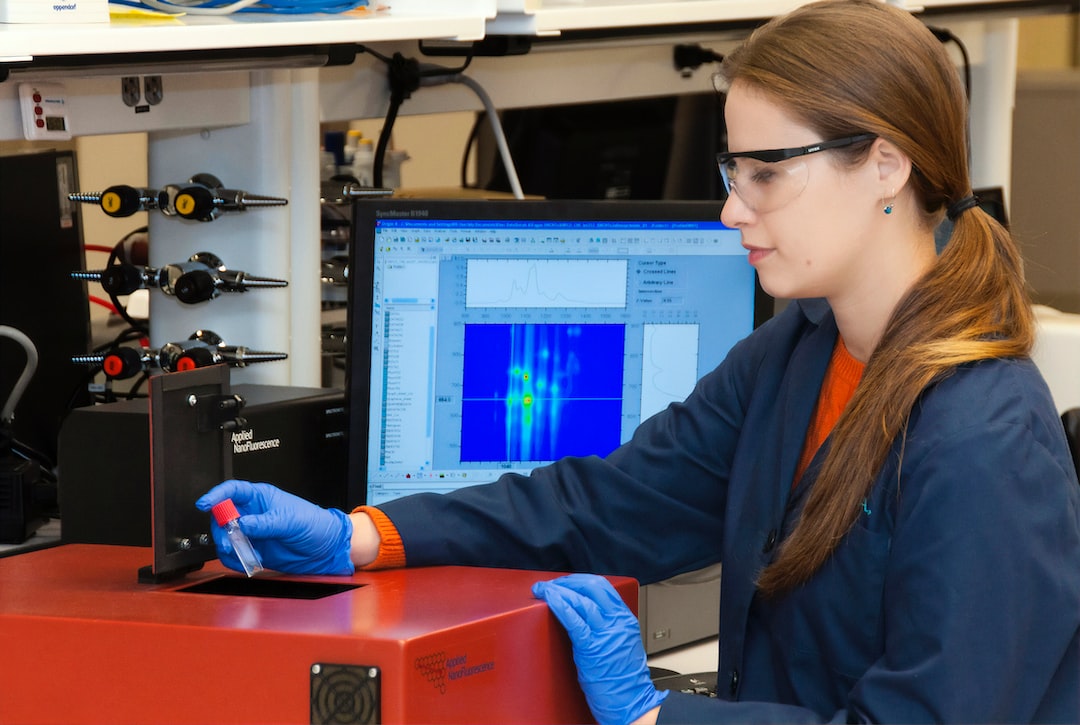Exploring the Potential of Nanotechnology in Manufacturing
Nanotechnology, the science of manipulating matter on an atomic and molecular scale, holds immense potential in various industries. One such industry where nanotechnology is revolutionizing processes and techniques is manufacturing. The ability to control and manipulate individual atoms and molecules opens up new possibilities for creating advanced materials, improving technical performance, and enhancing product functionality. In this blog post, we will delve into the significant potential of nanotechnology in manufacturing and the impact it can have on various sectors.
Nanotechnology offers several advantages that can catalyze innovation and development in the manufacturing sector. Firstly, it provides the means to engineer materials with tailored properties at the nanoscale. By manipulating the atomic structure of materials, manufacturers can create substances with exceptional strength, durability, and other desired properties. This opens up endless possibilities for developing more efficient and effective products.
One area where nanotechnology has shown great potential is in the creation of lightweight and stronger materials. For instance, researchers have been able to reduce the weight of aircraft parts while maintaining their strength by incorporating nanomaterials. This advancement not only enhances aircraft performance but also reduces fuel consumption and environmental impact.
Additionally, nanotechnology can improve the quality and functionality of existing materials. By modifying the surface properties of materials at the nanoscale, manufacturers can create self-cleaning, anti-scratch, or anti-reflective surfaces. This not only enhances the aesthetic appeal of products but also improves their durability and user experience. Nanocoatings, for example, are being used to develop scratch-resistant coatings for electronic devices, making them more resilient to wear and tear.
Furthermore, nanotechnology enables the development of smart materials that can respond to various stimuli. For example, shape memory alloys can change shape based on temperature, allowing for applications in industries like aerospace and medical devices. These materials have the potential to revolutionize manufacturing processes by offering greater flexibility and adaptability.
In addition to material improvement, nanotechnology also plays a vital role in enhancing manufacturing processes themselves. Nanomanufacturing techniques, such as molecular self-assembly and bottom-up fabrication, enable the precise and controlled manufacturing of components at the nanoscale. This not only leads to more efficient processes but also eliminates the need for excessive resources and waste.
Nanotechnology can also have a significant impact on energy efficiency in manufacturing. By utilizing nanomaterials with improved thermal conductivity, manufacturers can develop more efficient cooling systems. For example, the use of nanofluids in heat exchangers can significantly enhance their heat transfer capabilities, leading to energy savings and reduced environmental impact.
Furthermore, nanotechnology can contribute to the development of renewable energy sources. For instance, nanoscale photovoltaic materials can enhance the efficiency of solar cells, making them more viable for widespread adoption. By harnessing the power of nanotechnology, manufacturers can not only reduce the reliance on fossil fuels but also contribute to a more sustainable future.
The integration of nanotechnology in manufacturing also holds great promise for the medical industry. Nanoparticles can be used in drug delivery systems to improve drug targeting and reduce side effects. Furthermore, nanoscale sensors can be embedded in medical devices to enable real-time monitoring and diagnostics. These advancements have the potential to significantly improve healthcare outcomes and patient experiences.
In conclusion, nanotechnology has immense potential in the manufacturing sector. By enabling the precise manipulation of materials and the improvement of manufacturing processes, nanotechnology can enhance the performance, functionality, and efficiency of products across various industries. From lightweight and stronger materials to energy-efficient processes and advancements in healthcare, the potential applications of nanotechnology are vast. As manufacturers continue to explore and invest in nanotechnology, we can expect to witness remarkable advancements that transform industries and improve the quality of life.

